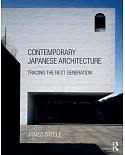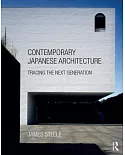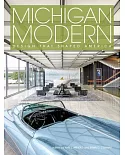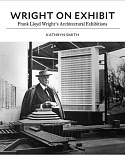In this cultural history, Shanken (architectural history, U. of California at Berkeley) explores the relationship between architecture, planning, and consumer culture in the postwar United
States. He first describes how planning became a social paradigm, akin to engineering in the 19th century, for realms as diverse as the building industry, psychology, sociology, and family
planning over the course of the 1930s and 1940s. He then addresses the Keynesian economic theory embedded in the culture of planning in the postwar era. The relationship between planning,
architecture, and consumer culture is then explored through analysis of wartime advertising campaigns of Revere Copper and Brass, General Electric, and other companies. Finally, he details how
the ethos of the culture of planning came to an abrupt end in the mid- 1940s. Annotation 穢2009 Book News, Inc., Portland, OR (booknews.com)





















